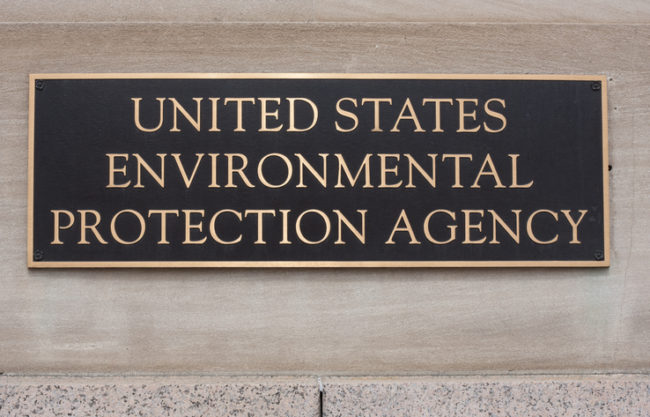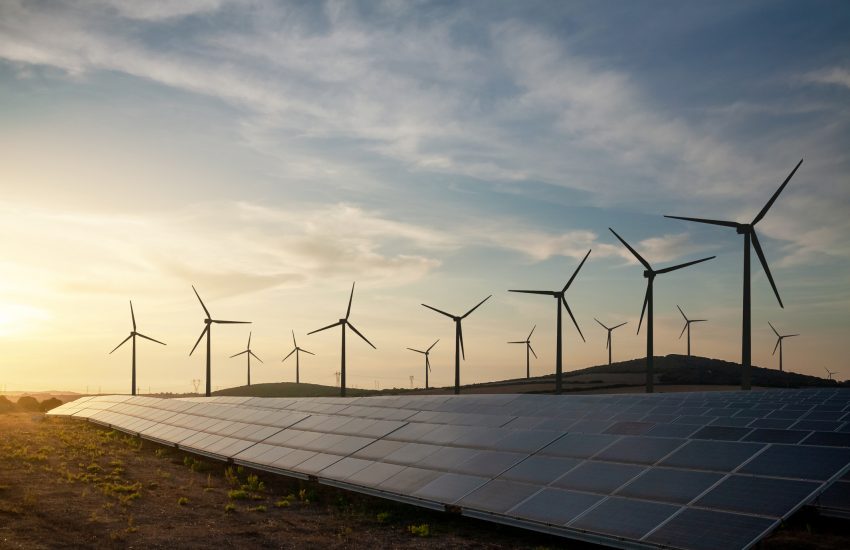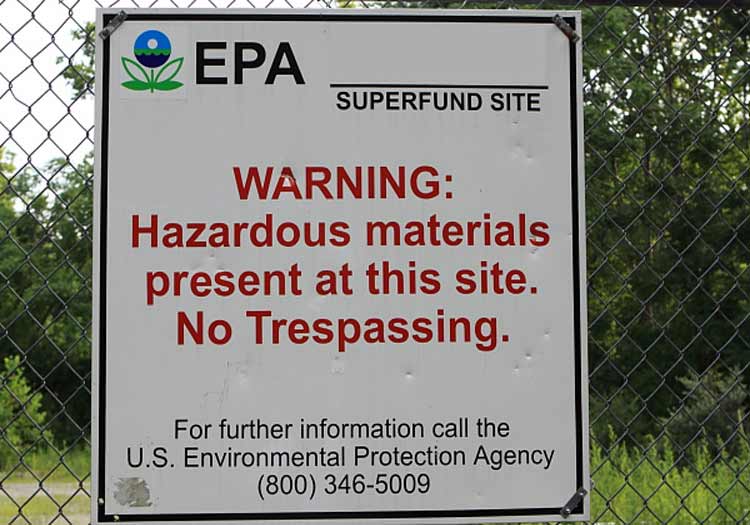Earlier this month, the U.S. Environmental Protection Agency announced a proposed regulation of perchloroethylene (PCE) under the Toxic Substances Control Act to protect public health.
PCE, also known as perc and tetrachloroethylene, “is used for the production of fluorinated compounds; as a solvent for dry cleaning and vapor degreasing; in catalyst regeneration in petrochemical manufacturing; and in a variety of commercial and consumer applications such as adhesives, paints and coatings, aerosol degreasers, brake cleaners, aerosol lubricants, sealants, stone polish, stainless steel polish, and wipe cleaners.” …
Continue Reading









